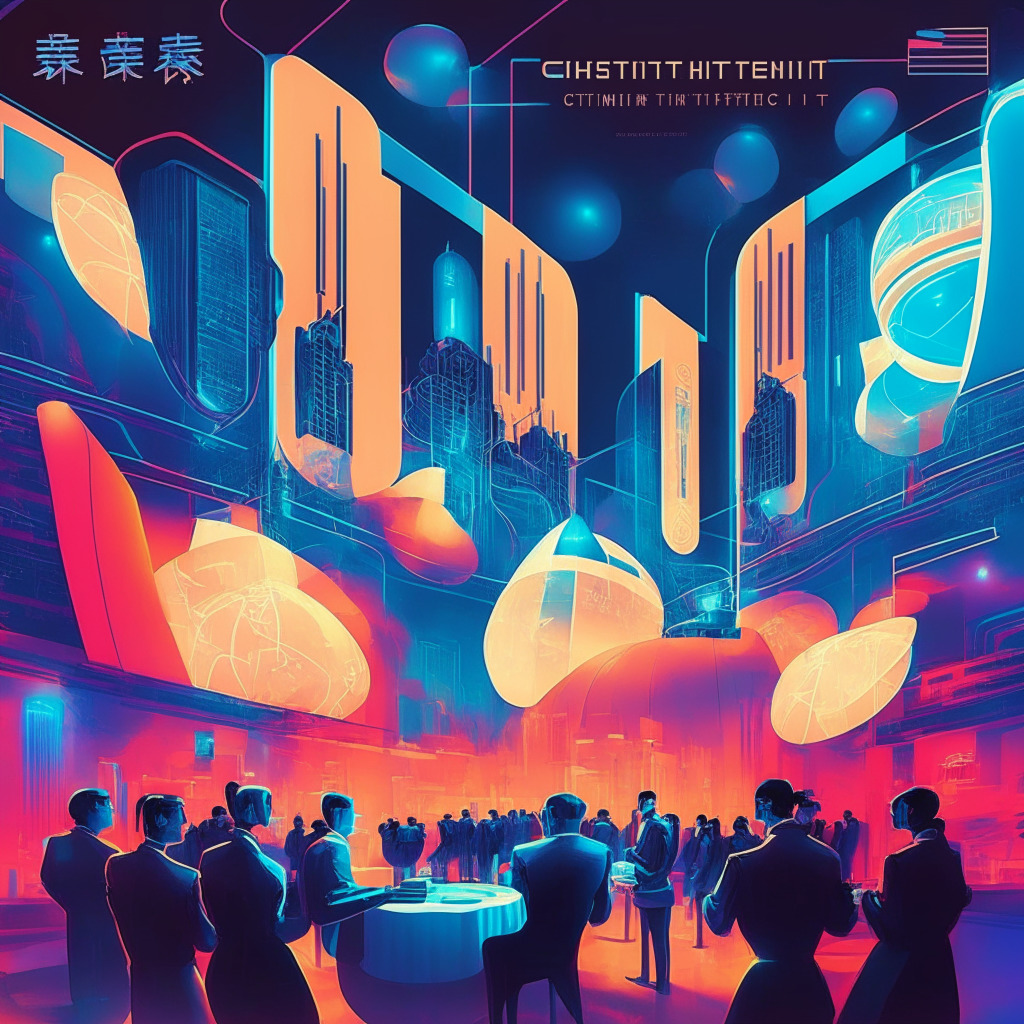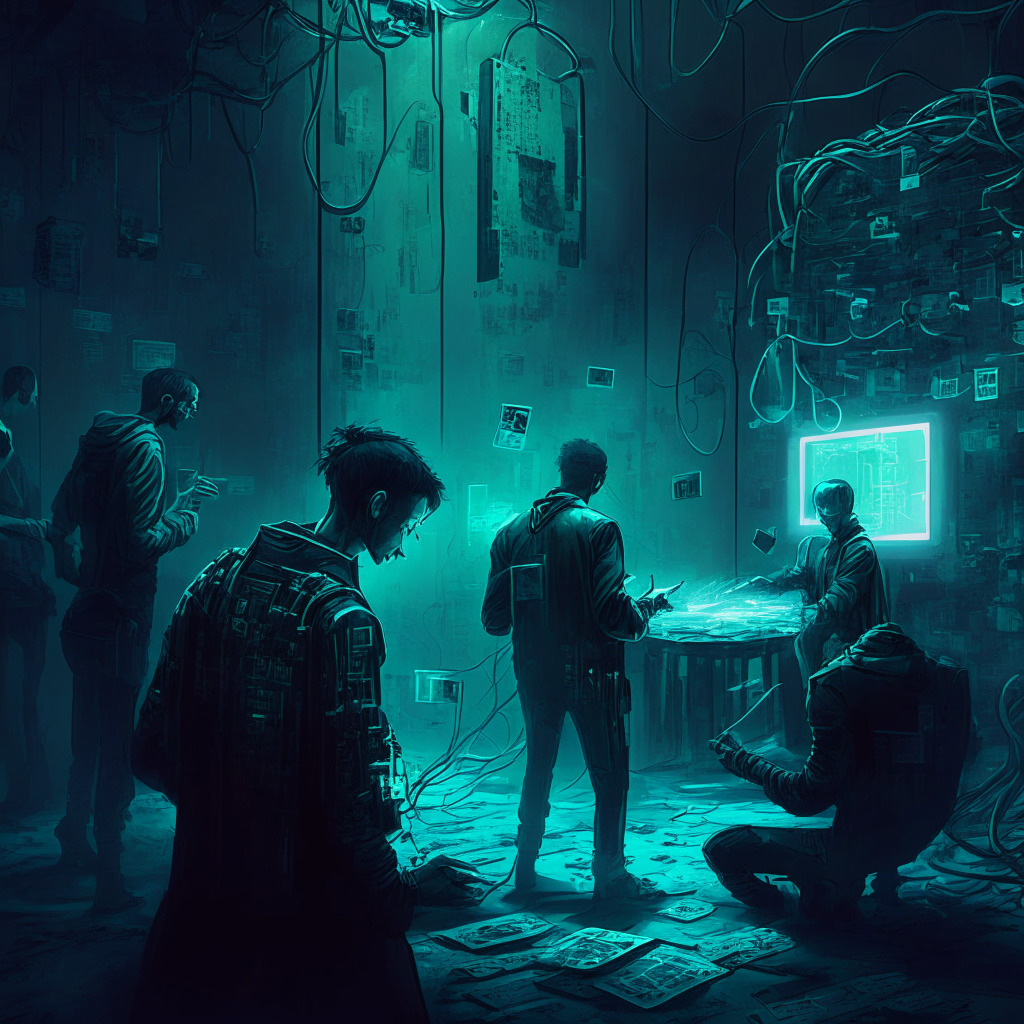OpenAI CEO Sam Altman has recently expressed his belief that China should play a significant role in shaping artificial intelligence (AI) regulations to ensure the safety of transformative systems. Altman, known for the success of ChatGPT, supports China’s involvement in the regulation of AI technologies, citing the country’s wealth of talent in the field.
The current global landscape sees massive investments being directed towards AI development in both China and the United States, intensifying the technological rivalry between the world’s two largest economies. With advances in the AI sector leading to growing concerns about potential national security risks, it is crucial for international collaboration to address these challenges.
Acknowledging China’s capabilities, Altman stated, “China has some of the best AI talent in the world and fundamentally, given the difficulties in solving alignment for advanced AI systems, this requires the best minds from around the world.” This statement was made during an event hosted by the Beijing Academy of Artificial Intelligence.
Despite Altman’s confidence in China’s role in AI regulation, OpenAI’s leading product, ChatGPT, is currently unavailable in the country due to strict data and censorship regulations. These regulations have also affected major Western tech giants like Google, Facebook, and Twitter. It is widely believed that the complex data and algorithm laws in place in China will hinder the progress of Western companies seeking to enter the AI market there.
Looking forward, Altman announced plans for OpenAI to open-source more of its models in an effort to drive AI safety. Although specific models and timeframes have yet to be confirmed, this move signals a growing emphasis on collaboration for the company.
In addition to his support for China’s involvement in AI regulation, Sam Altman has also backed the controversial WorldCoin project, which seeks to provide a global identity for individuals through iris scanning. While this initiative has generated considerable debate, it serves as another example of the ongoing exploration of technological advancements and their potential impact on society.
As AI advancements continue to accelerate, it is vital to address issues regarding the technology’s regulation and safety. By involving diverse perspectives and expertise from around the world, solutions can be found that balance innovation with necessary precautions. The potential involvement of China in AI regulation could signify a step in this direction, as well as highlight the growing recognition of the importance of international collaboration in securing the future of AI.
Source: Coingape




